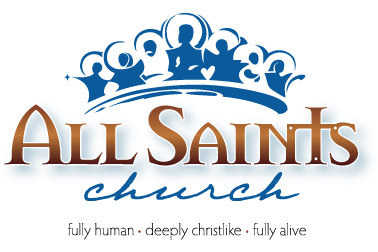What is an "Episcopalian," anyway?
Strictly speaking, an Episcopalian is anyone who has been confirmed in the Episcopal Church.
But what exactly is the Episcopal Church? Good question.
The Episcopal Church traces its roots back to the Church of England. Before the American Revolution, Episcopal parishes were simply colonial missions of the Church of England, and clergy had to swear allegiance to the monarch.
After the Revolution, however, the Episcopal Church became a separate entity though it maintained ties to the English Church-- a relationship that marked the beginnings of what we now consider the global Anglican Communion.
Due to some quirks of our history, the Episcopal Church has a few rather distinctive characteristics:
- Catholic, yet Protestant. The Episcopal Church occupies an interesting theological place, in that it straddles the line between the Roman Catholic Church and Protestant (Reformed) Churches. This straddling of the Catholic/Protestant divide has given rise to a theological sensibility known as the “via media” (“middle way”) that pulls from the apostolic episcopate, the Creeds and early church councils, the tradition of the early Church Fathers, and the developments of Protestant theology to make the Church we have today.
- The Book of Common Prayer. Though in 1534 King Henry VIII had declared the English church separate from papal authority and dissolved all the monasteries in England, Wales, and Ireland, there were a few stops and starts before any real Protestant identity formed among the clergy. In 1549, Thomas Cranmer, the then Archbishop of Canterbury, led in the writing of the first Book of Common Prayer, which contained the order for services in the vernacular English and standardized the liturgy for all Anglican churches.
The structure of the Prayer Book is still followed today, and many of its phrases (such as its marriage vows) have made their way into common usage throughout many Protestant denominations. (If you’re interested, you can find the BCP used by the Episcopal Church in an online format here, and historical information on the BCP here.) - Richly diverse. Today, the Episcopal Church has absorbed many movements from the long history of the Anglican tradition, and include parishes that range from the liturgically more rigid “high church” parishes to the more evangelical “low church” expression, from Anglo-Catholic "smells and bells" services to more Charismatic worship. Services in any given Episcopal Church on any given Sunday vary widely, though all remain rooted in the words and liturgy of the BCP. One can also find a diversity of perspectives and persuasions within the the Episcopal Church.
Please join us to learn more!
